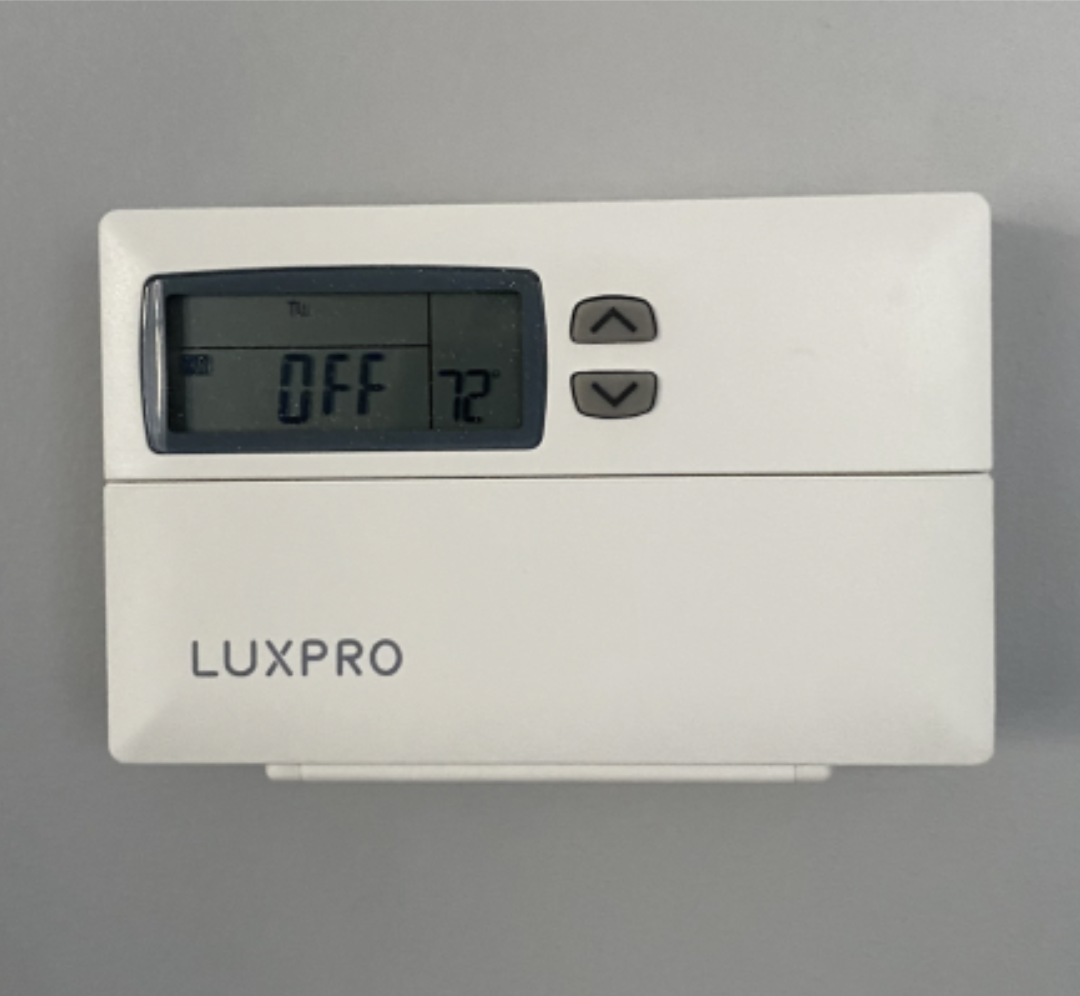Climate change is undoubtedly the biggest health threat, swallowing humanity whole. We breathe in the air pollution it has promoted, face abnormal weather events, and grapple with the shortage in food production. We sit on our daily commutes unaware, eat our food unaware, throw garbage away unaware, and buy clothes unaware of the ramifications. Climate change is perceived as a big issue to numerous people, yet it is evident that the extent to which people view this issue varies. The average carbon footprint globally is 4 tons, yet in the United States, it is 16 tons per person. Though we cannot determine everyone in the United States’ view toward the issue, we may zoom into the next generation’s take on this, through SHC students’ thoughts.
Despite it being perceived as a big issue to the majority, the Emerald wondered whether climate change is a low priority to the senior students in SHC, as they prepare to leave for college and embark on a journey dominated by related issues. Having previous generations leave behind a swarm of climate change issues for this newer generation to tackle is no digestible piece of information to swallow. After all, the seniors are just about leaving high school, and already, out in the “real world,” there are fires just outside San Francisco, floods across the world, and infinitely increasing, unmaintained personal carbon footprints. It becomes overwhelming, and when things are overwhelming, we tend to unconsciously diminish our attention to them for our own well-being.
“Climate change is, with no doubt, one of the biggest issues,” Sara Mohan, a senior at SHC emphasizes, yet when it comes down to speaking of her priorities, the urgency of the issue does not mirror this. “I just don’t pay much attention to my own carbon footprint to be very honest. I am cautious about a lot, but I would not say climate change is necessarily my biggest concern when I have so many other distractions. It also seems to be too big of an issue for me to save, especially when it feels like no one else is doing anything.” Sara seems to be a representative of numerous voices in SHC with a similar stance. By expressing her lack of priority toward climate change, it is evident it is because she feels helpless toward the matter rather than careless. Other distractions prioritize her time, from school work to college applications to family concerns to her part-time job. With so much in the way, climate change becomes nothing but a concealed issue disguised in distractions.
To further demonstrate the lack of priority toward the major issue, Katherine Borek was interviewed, another senior overwhelmed by a rapidly incoming future. She also agrees with the fact that climate change is far too immense of a deal to prioritize, yet emphasizes that she does have a lot of compassion for the issue. “My priorities unfortunately don’t mirror my compassion,” she says. She does, however, focus on her carbon footprint, just not as much as she would like to. She states, “While attempting to tackle climate change as a larger identity seems daunting, I try to look out for the environment in small ways that, if done by everyone, could make a difference. This includes carrying a water bottle instead of buying a plastic bottle, turning off my lights when I’m not in a room, and carpooling or using public transportation when it’s convenient!”
Next, Bridget Panina was interviewed, another senior, who of the three, seems to take climate change as a much bigger concern. She takes action in local community services, committing to beach cleanups and recycling duties. However, she emphasizes that “I do take part in all of this because I care for it…but I still don’t think I’m concerned with climate change as much as I should be.” 400,000 tons of garbage are sent to landfills from San Francisco each year, so Bridget is right to be cautious in a day and age where unsustainable packaging has increased. Bridget concurs that “being concerned about more than the litter of your community is too much. It becomes overwhelming and that’s when we start to feel helpless and don’t do anything.”
Here at SHC, we need to take what these seniors say into consideration to tackle small focuses. Every seemingly insignificant issue will ultimately add up, and with a programmatic approach, change can be made. Instead of our newer generation drowning in helplessness toward our future, we must emerge and take optimistic steps toward our future.













